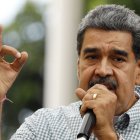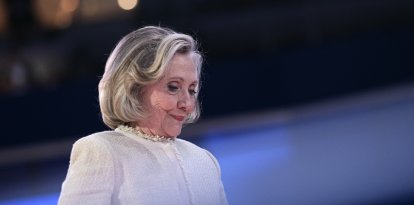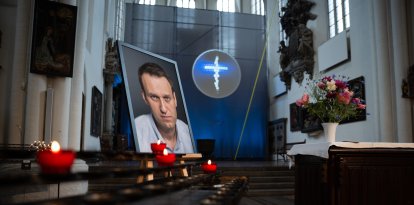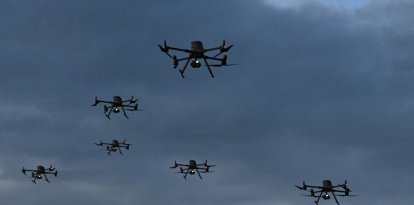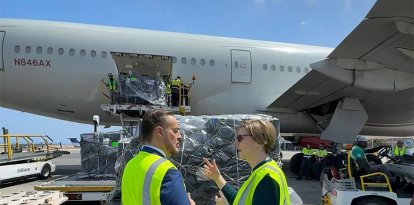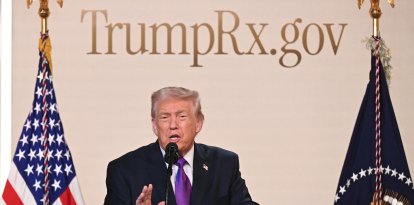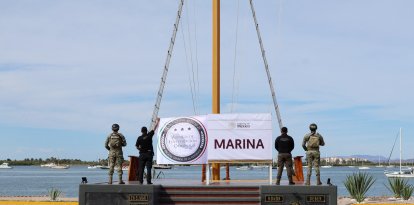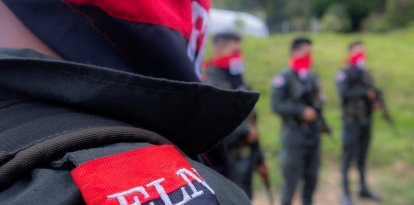Maduro reacts with threats and violence after Trump's decision to revoke oil licenses
The U.S. president put an end to the agreement that authorized Chevron to operate in Venezuela with restrictions.

Nicolás Maduro
Venezuelan dictator Nicolas Maduro responded with aggressive rhetoric and threats of violence following President Donald Trump's decision to revoke licenses allowing Chevron to operate in the South American country under limited conditions.
In an incendiary speech, Maduro issued a threat of a violent reaction to what he described as an attempt at "economic and political colonialism" orchestrated by the "fascist oligarchy" and "imperialism."
"The hard way, we are fearsome warriors. If someday the fascist oligarchy of the last names tried to impose in Venezuela, with imperialist support and violence, a regime of economic and political colonialism, what happened on February 27 would be multiplied by a thousand. There would be a thousand 'February 27's against the oligarchy and imperialism, but this time with an organized people," declared Maduro in a clear reference to the Caracazo riots of 1989.
The Caracazo: a distorted reference
Economic and geopolitical impact
The revocation of the licenses is a significant blow to the Venezuelan economy, as Chevron was one of the few foreign companies that maintained operations in the country, facilitating the export of crude oil in a scheme that benefited both the company and the Venezuelan regime. Trump's decision marks a hardening of U.S. policy toward Maduro, eliminating one of the last avenues of legal income for chavismo.
Harassment of the opposition
Maduro's threats come in a context of increasing repression against the opposition. This Thursday, opposition leader Maria Corina Machado denounced an attempted break-in at her residence shortly after granting an interview to Donald Trump Jr, son of the U.S. president.
"At this moment, unidentified men are trying to force their way into my home in Los Palos Grandes, Caracas. They are threatening to arrest the neighbors and the watchman," Machado warned on her social networks.
The denunciation generated reactions at international level. Donald Trump Jr. condemned the fact and pointed out his father's stance against the Maduro regime:
"Just a day after our interview, Maduro’s thugs target @MariaCorinaYA, under my father’s leadership America isn’t going to put up with these BS intimidation tactics any longer," he expressed on X.
The episode reinforces allegations of harassment of the Venezuelan opposition and the use of violence as a mechanism of political control amid tensions with the United States.





